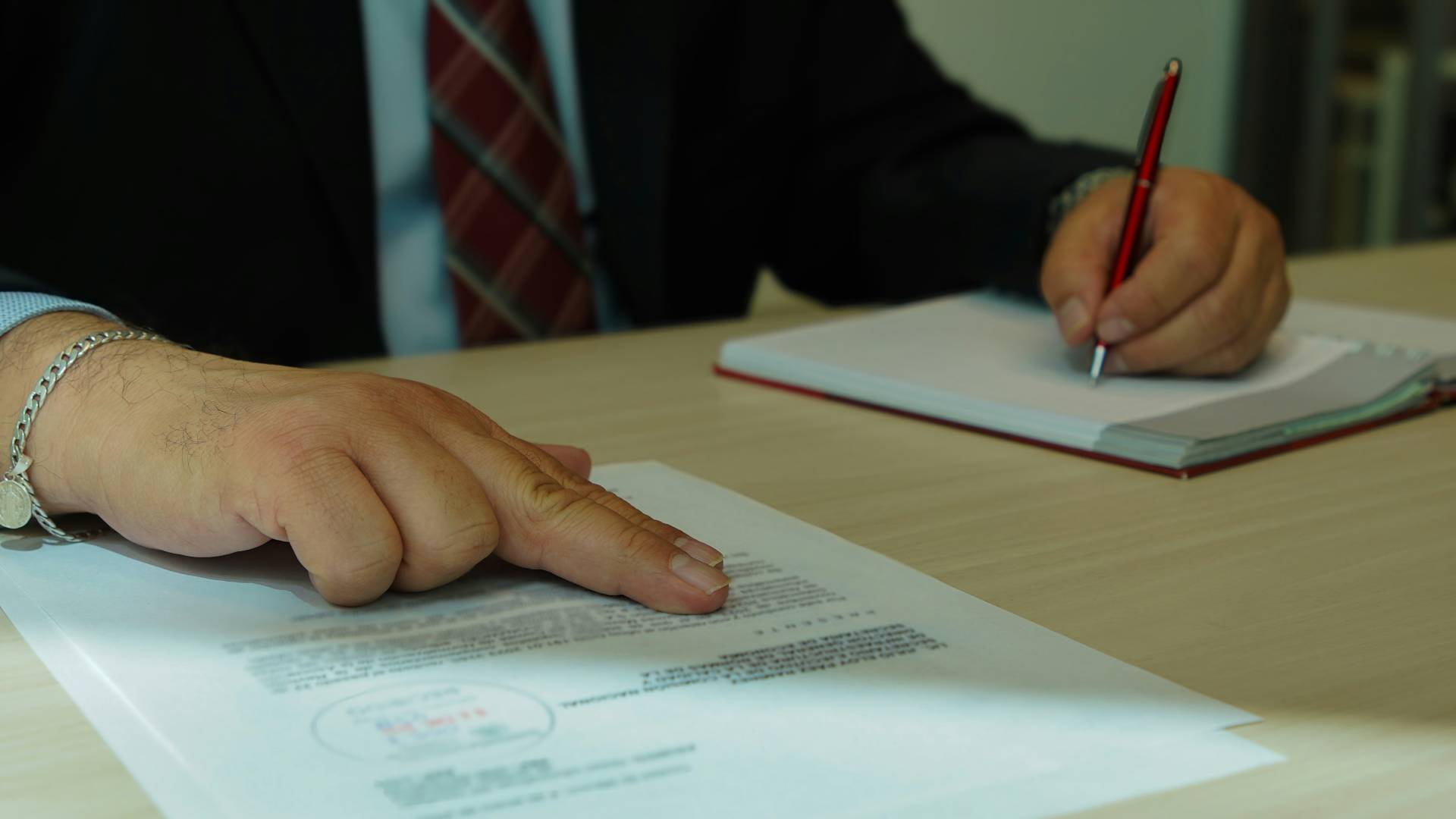Understanding Exchange of Contracts in Conveyancing
The exchange of contracts is one of the most important—and final—stages in a conveyancing transaction. It is the moment when the signed contracts from both the buyer and seller are formally exchanged by their respective solicitors, typically via a phone call. At this point, the buyer is usually required to transfer the deposit (commonly 10% of the purchase price) to their solicitor, unless the seller’s solicitor agrees to proceed with a NIL deposit exchange.
What Happens Before Exchange?
Before exchange can take place, the buyer’s solicitor must carry out all necessary legal checks. These include:
- Property searches
- Source of funds checks
- Review of the legal title
- Receipt of all signed paperwork from the buyer
Under Section 2 of the Law of Property (Miscellaneous Provisions) Act 1989, a property agreement must be in writing. If the buyer and seller sign separate versions, both must contain identical terms—otherwise, the contract will be void. In response to the Covid-19 pandemic, many solicitors now accept electronic signatures on documents, making the process more convenient for clients.
Agreeing Exchange and Completion Dates
Before solicitors can proceed with the exchange of contracts, a completion date must be agreed upon by all parties. This date is inserted into the contract at the time of exchange and is legally binding. Once agreed and once the buyer’s solicitor has received the deposit funds, they will request authority from the buyer to proceed with the exchange. The exchange can happen at any time of day.
What Happens After Exchange?
Following the exchange, the buyer’s solicitor transfers the deposit to the seller’s solicitor (unless held to order). These funds are held in the seller’s solicitor’s client account until the agreed completion date. Both parties will be notified once the exchange has taken place.
When Does the Transaction Become Legally Binding?
Until contracts are exchanged, both the buyer and seller can withdraw from the transaction at any time without legal consequence. However, once contracts are exchanged, the agreement becomes legally binding. Withdrawing at this point constitutes a breach of contract and can result in serious financial and legal penalties.
Consequences of breaching the contract after exchange may include:
- Loss of deposit
- Liability for solicitor and third-party fees
- Paying interest or damages to the other party
The risk of either party withdrawing after exchange is extremely low due to the legal commitments in place.
You can contact our Conveyancing team here or call on 01604 936512 / 01908 953674 or email [email protected].
Disclaimer: The information provided on this blog is for general informational purposes only and is accurate as of the date of publication. It should not be construed as legal advice. Laws and regulations may change and the content may not reflect the most current legal developments. We recommend consulting with a qualified solicitor for specific legal guidance tailored to your situation.

Written by Melita Matusaityte
Trainee Solicitor, New Homes at Franklins Solicitors LLP
Specialises in CQS 2022-updated conveyancing practice, risk management, compliance and client care procedures.
Melita Matusaityte is a Trainee Solicitor at Franklins Solicitors LLP, currently completing her final seat in the New Homes department. She graduated with a 2:1 in Law with Business LLB from Birmingham City University and has completed the Legal Practice Course, working towards qualification as a Solicitor.
Melita has gained experience across residential conveyancing and litigation, handling transactions from instruction to completion and supporting clients through a range of civil and commercial matters. She also holds updated CQS accreditations in Conveyancing Practice, Risk, Compliance and Client Care.
Known for her organised and approachable style, Melita is dedicated to providing clear, practical support throughout the legal process.
Outside of work, she enjoys travelling, going to the gym and a bit of retail therapy.





